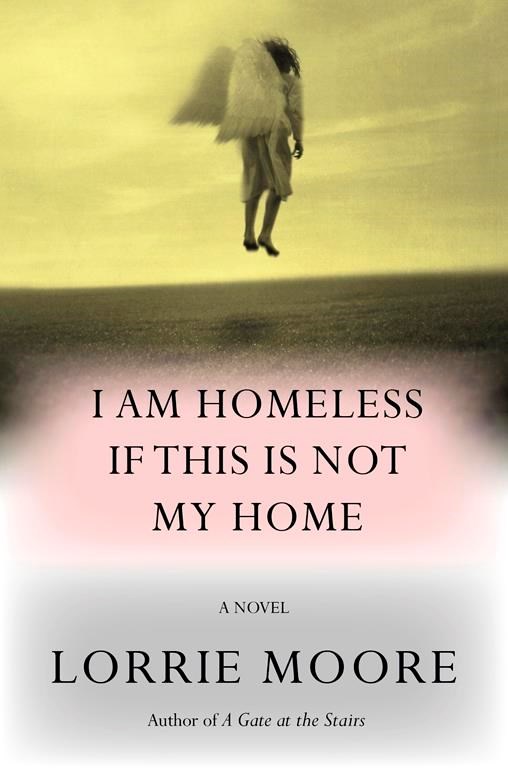“I Am Homeless If This Is Not My Home,” by Lorrie Moore (Alfred A. Knopf)
Lorrie Moore has loss on her mind. Her latest work, “I Am Homeless If This Is Not My Home,” is a slender, surreal, beautifully written novel that explores the long afterlife of love, death and domestic devotion.
It begins in the Deep South on the Tennessee-Kentucky line several years after the Civil War. A woman named Elizabeth, who runs a boarding house, writes a letter to her deceased sister about a mysterious lodger who may be presidential assassin John Wilkes Booth.
Then it cuts to a second thread set in the 21st century on the eve of the 2016 election. A history teacher named Finn goes to see his dying brother, Max, at a hospice in the Bronx. At his bedside, they banter amusingly about the World Series, Finn’s suicidal ex-girlfriend, Lily, and his cranky view that the progressive left needs to “reclaim the term conspiracy theory” from the “barbarians” on the right.
Soon, Finn is summoned home to Illinois because Lily, the great love of his life, has finally killed herself after earlier, unsuccessful tries. At this point Moore shifts into full-on gothic ghost story mode as Finn discovers, upon visiting the cemetery, that Lily is not really and truly dead.
At her burial site, the former lovers banter amusingly, then set off on a road trip to deposit her not-quite-dead remains at a facility in Tennessee devoted to the scientific study of corpses. What links these stories together? On the way Finn and the rapidly decomposing Lily stop at the boarding house that Elizabeth once managed, and Finn steals the unsent letters to her sister.
Moore is widely revered as a master of the short story for collections including “Self Help,” “Like Life” and “Birds of America.” Her style is unmistakable, jam-packed with jokes, non sequiturs, alliteration and allusion.
When Finn sees Lily standing near her grave, “he was filled with the flooding fond missing he could always muster for her,” she writes in a line evocative of Stephen Stills. When he tells her, “You took your one mortal life and tossed it away,” you hear echoes of Mary Oliver’s “one wild and precious life.”
Virtually every page has some similarly dazzling display of verbal pyrotechnics, but the relentlessness of Moore’s wordplay and erudition can also be wearying. Readers should bring a high tolerance for archaic 19th century lingo (sprinkled with anachronisms like “stranger-splain”) and poetic descriptions of rotting human flesh.
Ann Levin, The Associated Press




